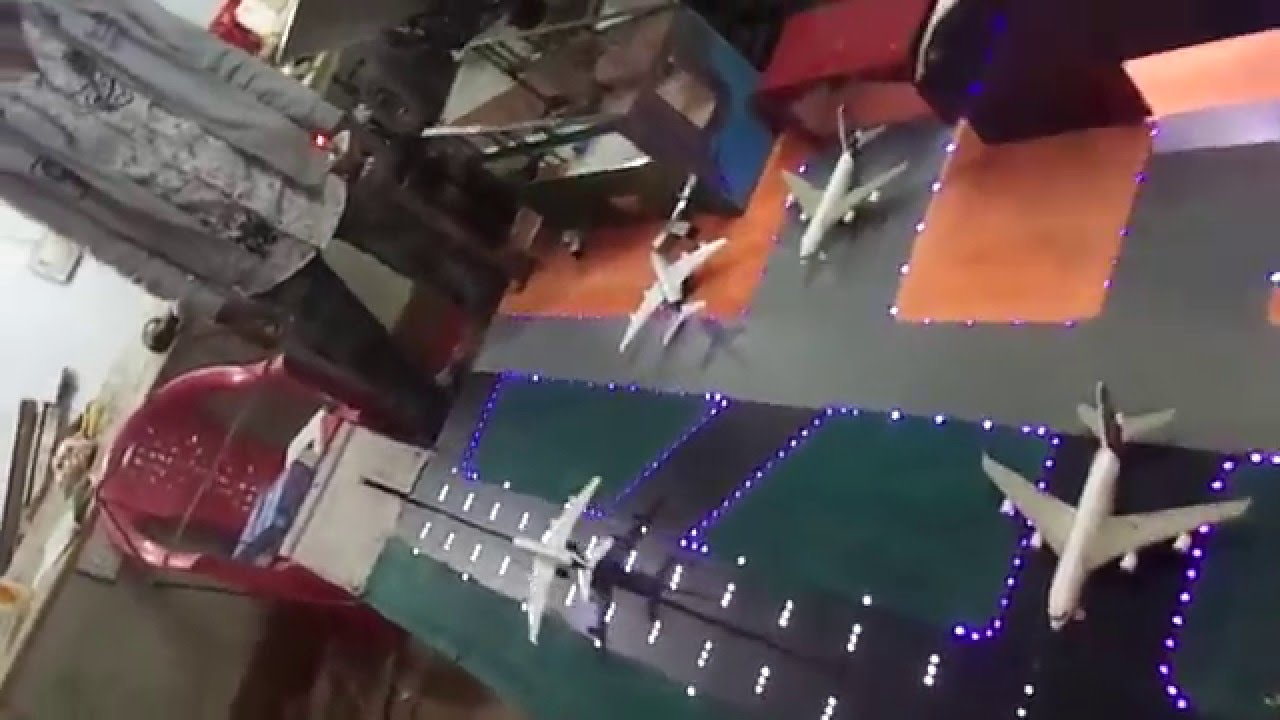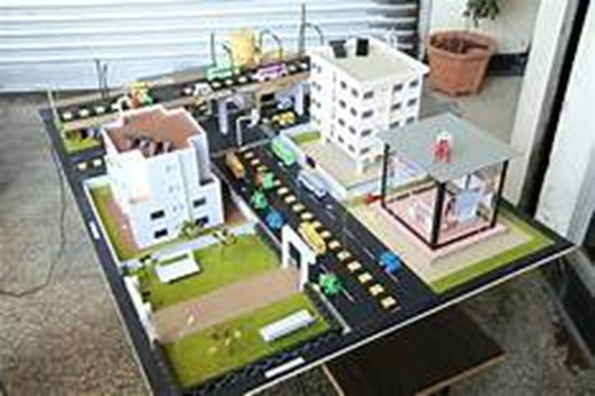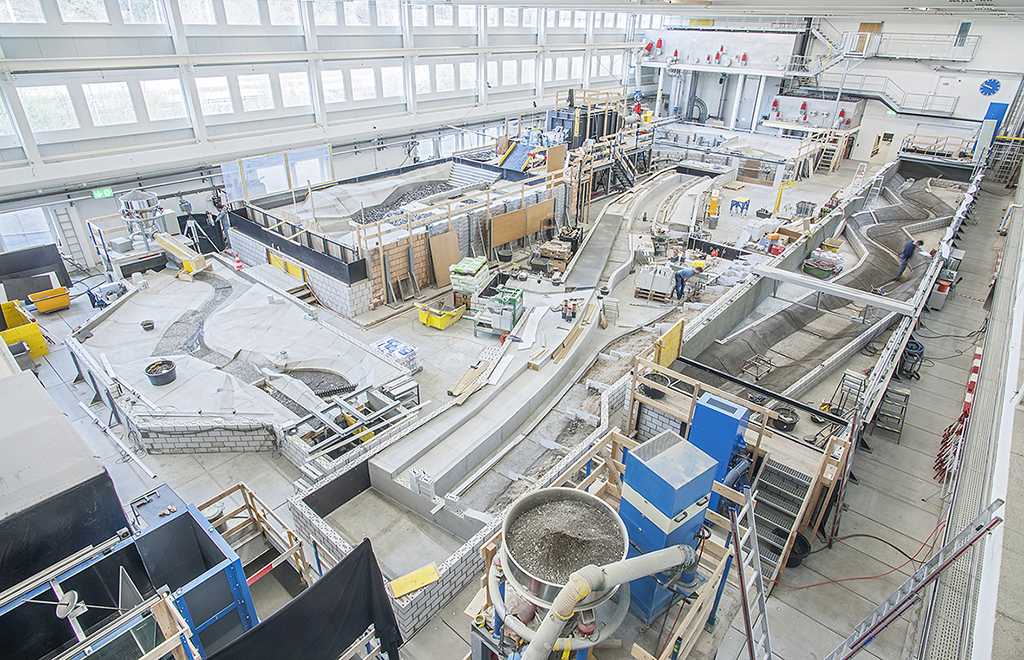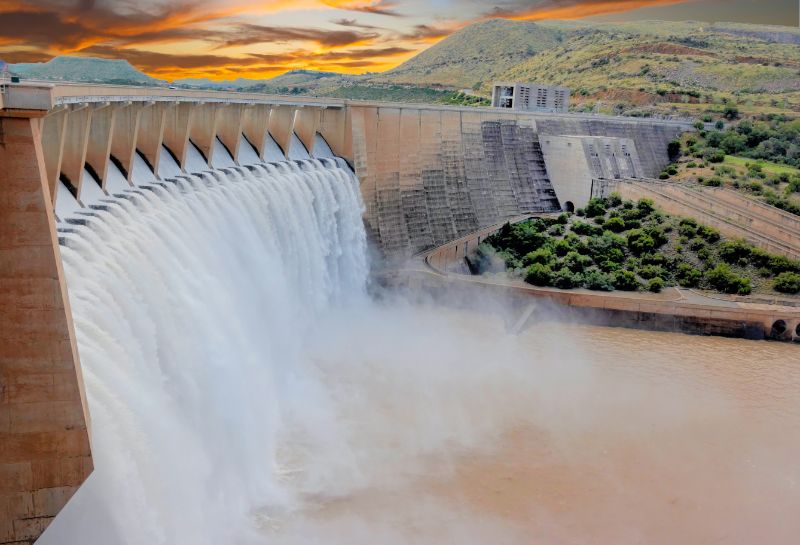Phases of project feasibility studies. Project development, evaluation, and management.
Impart a basic knowledge of electrical quantities such as current, voltage, power, energy and
frequency to understand the impact of technology in a global and societal context.
Help promote a clearer public awareness and understanding of the role of the IEs in society, and to aid in ensuring that fellow IEs perform their services in a manner which recognizes as paramount public health and safety
MIS provide information for decision making on planning, initiating, organizing, and controlling the operations of the subsystems of the firm and to provide a synergistic organization in the process. It facilitates the decisions-making process by furnishing information in the proper time frame
Basic Concepts in managing the complete flow of materials in a supply chain from supplier to customer.
Design Planning, execution, monitoring and control in supply chain management.
A specialized professional course for civil engineering students in structural engineering designed to understand theoretical, practical and computational aspects of the earthquake excitation in relation to structural design
This course includes he review of fundamental concepts-index and classification properties, water flow ,effective stress concept, consolidation behavior, shear strengths of soils- undrained and drained conditions. Subsurface exploration-main sampling; characterization methods and reporting, variability. Lateral loads, Earth retaining structures- walls, braced cuts, dewatering and drainage. Performance requirements, applied loads based on codes and selection of foundations. Shallow foundation design-types testing and evaluation .Deep foundation design- types , bearing capacity and settlements, testing and evaluation.
Ecological framework of sustainable development; pollution environments: water, air, and solid; waste treatment processes, disposal, and management; government legislation, rules, and regulation related to the environment and waste management; and environmental management system.
Development of a Capstone Project Proposal containing a clear set of Objectives, Methodology, Project Implementation Plan/Schedule and Resource requirements. (Paper Writing Output)

Development of a Capstone Project Proposal containing a clear set of Objectives, Methodology, Project Implementation Plan/Schedule and Resource requirements. (Paper Writing Output)

This course gives emphasis on urban planning, design and operation using statistical and modelling techniques and computer methods. It also covers capacity and level of service of air ,rail and highway. It also includes safety, environmental impacts and mitigation, transportation policy fundamental and case studies.
The course covers the soil formation and identification. Engineering properties of soils .Fundamental aspects of soil characterization and response, including soil mineralogy, soil-water movement, effective stress, consolidation, soil strength and soil compaction. Use of soils and geosynthetics in geotechnical and geo-environmental applications .Introduction to site investigation techniques .Laboratory testing and evaluation of soil composition and properties.
The course involves conducting several lab experiments to support and verify the principles taught in Fluid Mechanics and Hydraulics courses.

The course emphasizes the continuity equation, energy equation, and momentum equation. Applications of appropriate equations in performing calculations involving flow velocity, flow rate, and forces exerted by moving liquids in closed conduits and open channels. Familiarization and applications of flow measuring devices such as orifice, weirs, and pitot tube.

Capstone project that will demonstrate the student's research or design ability. The project maybe an industrial engineering research or a design of a system, component, or process.